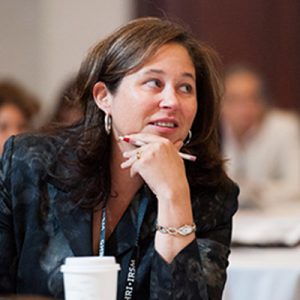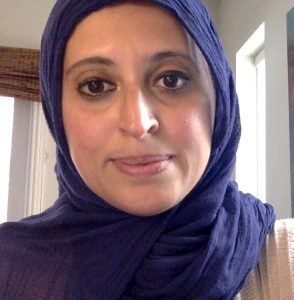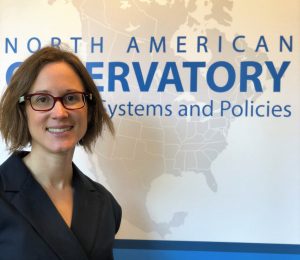Partnering with Faith Communities to Promote Vaccines — What Works?
December 21/2021
Across Canada, public health officials are trying new partnerships and approaches to encourage vaccine confidence. DLSPH researchers hope to learn whether these efforts help.
By Heidi Singer
DLSPH researchers are beginning to study how Canadian public health officials and religious leaders are collaborating to build vaccine confidence in communities and on social media.
Their research is part of an emerging effort to document strategies in real time from the COVID-19 pandemic and learn from these practices so they can be used to benefit people. The two-year study will also be among the first in Canada to adapt the World Health Organization’s acclaimed SORT-IT model, which helps public health systems address their own priorities, and build research capacity to learn from their own data to improve policies and performance, according to DLSPH Prof. Garry Aslanyan, a study collaborator.
“So far in the pandemic, public health has used a range of interventions like social media, pop-up clinics, ambassadors, community task forces,” says DLSPH Prof. Erica Di Ruggiero, the study’s principal investigator. “We just don’t know which ones worked the best and why, and in what combination. We’ll study it retroactively but also live. We’re hoping to gain insights that improve vaccine confidence and have equitable impacts.”

Prof. Erica Di Ruggiero
During the pandemic, houses of worship have occasionally hosted vaccination clinics and health promotion sites. Groups such as the Canadian Muslim COVID-19 Task Force have held townhalls and worked to dispel myths and get accurate information to members. “Everyone is working on their own and trying to do the same thing, and nobody has time to share learnings right now,” says Di Ruggiero. “Our team can provide that opportunity”
Such groups are eager to learn whether their efforts have helped to improve vaccine confidence, says DLSPH Prof. Shaza Fadel, a study co-researcher and operations director of the School’s Centre for Vaccine Preventable Diseases. “Sometimes public health reached out to faith-based groups, and sometimes it was the community that reached out to public health,” she notes.
The group will also partner with a health information technology firm to analyze social media posts and conversations emerging from the partnerships between public health and faith groups.

Prof. Shaza Fadel
“We’re using an incredible social media intelligence tool that provides an efficient way of pooling and analyzing multiple social media platforms,” says Prof. Sara Allin, another study co-researcher based in DLSPH’s Institute for Health Policy, Management and Evaluation (IHPME). “Some public health units like Ottawa are standing out as exemplars in getting a lot of engagement on social media during the pandemic. We’re interested in learning more from promising cases like these, and examining how social media is being used by public health units to engage with community organizations and faith groups.”
The researchers hope to work throughout Ontario, but the Peel Region, with its diverse mix of religions and strong collaborations between public health and faith groups, will be particularly fertile ground. In this suburban Toronto area, public health officials have collaborated heavily with Black pastors, faith leaders at mosques, Hindu temples, and Sikh gurudwaras to reach Black, South Asian, Middle Eastern, and newcomer communities.
“Our community partnerships were critical to getting vaccine out to diverse groups within our hard-hit community. These collaborations helped to save lives by building confidence that the COVID-19 vaccines are safe and effective,” says Dr. Lawrence Loh, Peel Region’s Medical Officer of Health and a DLSPH adjunct faculty member. “This study is a pioneering opportunity for us to capture lessons learned and best practices in public health outreach and community engagement in real time – so we can positively impact current and future efforts.”

Prof. Sara Allin
If partnerships between public health and faith groups prove beneficial and equitable, the authors hope to show how they could be scaled up and applied to other populations in Canada. But even by studying this question, they are using implementation science principles to help public health and communities improve their policies and decisions.
“Our project allows for learning by doing in local public health units,” says Di Ruggiero. “We’re evaluating these interventions alongside the communities that stand to benefit from them. It’s not just extracting the data from them and then analyzing it without them. It’s the blended approach that gives it strength.”